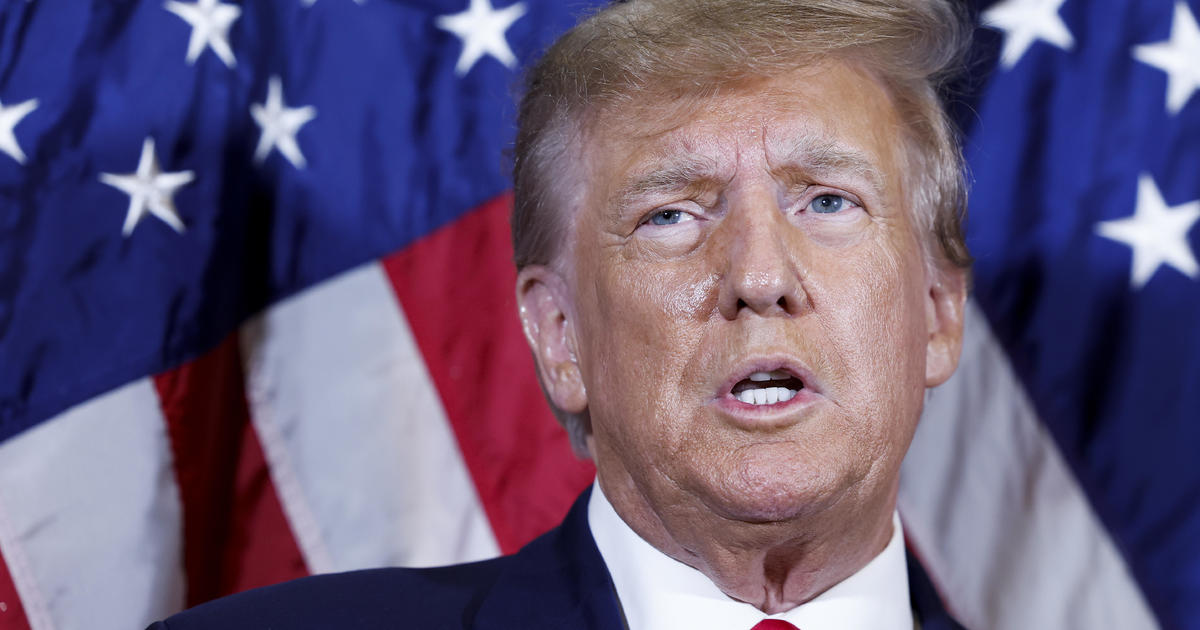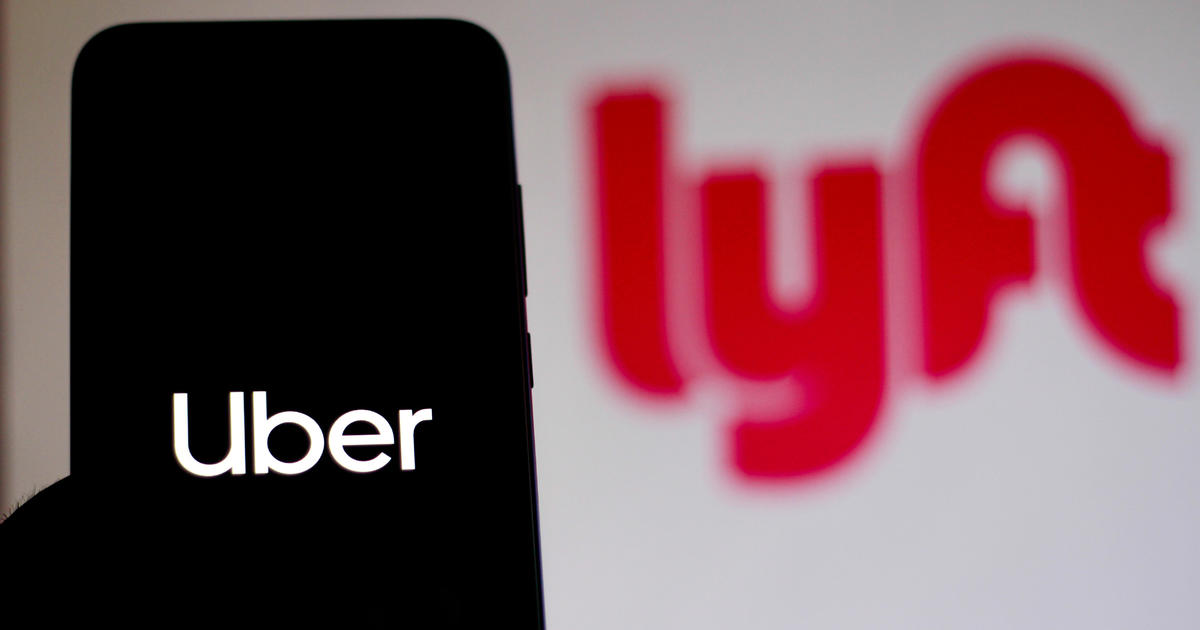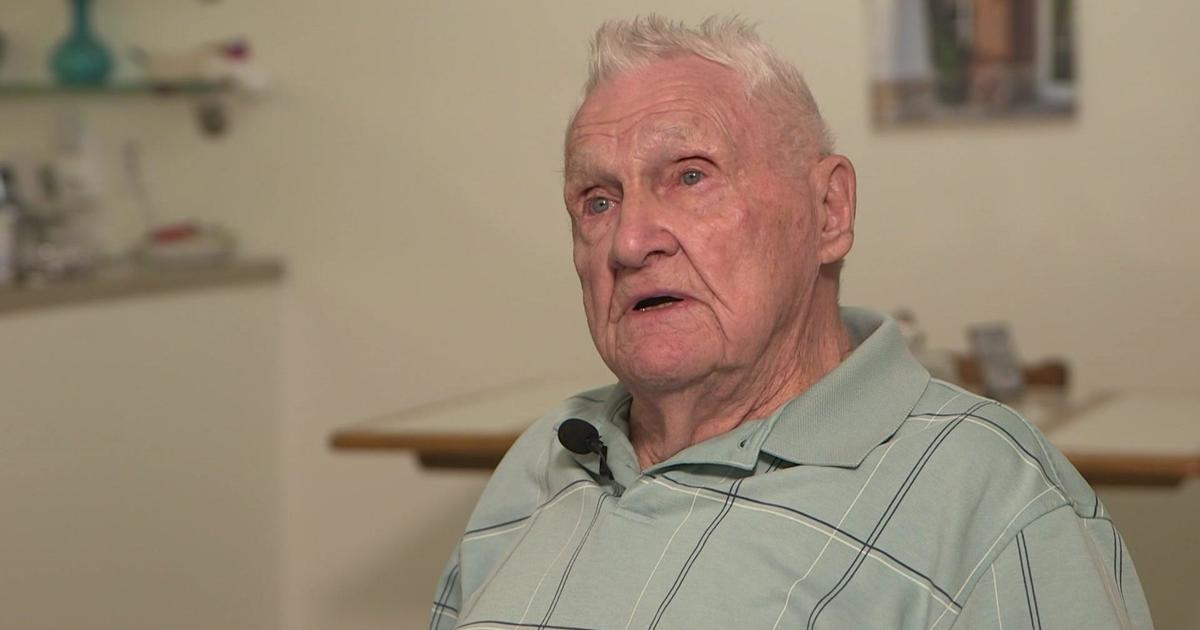Head Shop Owner Set For Synthetic Drugs Trial
MINNEAPOLIS (AP) -- To federal prosecutors and Duluth leaders, Jim Carlson is nothing more than a drug pusher and a scourge on the community.
Carlson doesn't dispute that his head shop, Last Place on Earth, openly sold a lot of synthetic marijuana before authorities shut it down in July. By his own admission, Carlson would sell $16,000 worth on an average day. But he insists he ran a legal business, selling legal products.
His federal trial starts Tuesday in Minneapolis, and is expected to test how effectively authorities can combat synthetic drugs, commonly labeled as "incense" or "bath salts," which occupy a legal gray area that's difficult for authorities to regulate.
One of the first major federal synthetic drug trials targeting a head shop, it's being watched closely by shop owners and prosecutors across the country, said Jeanne Cooney, spokeswoman for the U.S. Attorney's Office for Minnesota.
"Unlike most other drug cases, Mr. Carlson is not denying that he sold these drugs. He's denying that it was against the law for him to do so," she said. If Carlson is acquitted, Cooney said, other sellers could use the verdict to claim their actions were legal.
While synthetic drugs are a common problem in many U.S. cities, Police Chief Gordon Ramsay said Duluth has had it the worst.
"No one has faced the issues we've faced with this store," Ramsay said. "Nobody."
Ramsay said Last Place on Earth was one of the largest retail outlets for synthetics in the country, and offered products cheaper than online sellers.
Carlson, his girlfriend and his son are charged in a 55-count indictment with numerous violations of federal drug laws — including the one against "analogue" drugs, defined as substances with similar chemical structures and effects to controlled substances already on the government's official list. Makers of synthetic drugs constantly change molecules to try to stay ahead of the law.
Synthetic drugs are often marketed to teenagers and young adults. A Minnesota teenager died after using one substance in 2011, and the Legislature has formed a special committee to deal with the problem. Last week, authorities in Colorado said they were investigating reports that synthetic marijuana had killed three people and sickened about 75 others since late August.
Prosecutors say Carlson responded to new drug bans by stocking similar product he knew counted as analogues. They also say he knew people would abuse what he sold and pitched the drugs as producing highs similar to other illegal drugs.
Carlson's attorney, Randall Tigue, said their defense boils down to three issues: "One, whether it was legal; two, whether he knew it was legal; and three, whether the government induced him into believing it was legal."
Carlson, 56, has been defiant, and prosecutors plan to use things he said in interviews with media outlets against him.
In an interview with The Associated Press on Friday, Carlson said he wouldn't have sold the products if he thought they were illegal. He cited statements by Drug Enforcement Administration and other officials, including U.S. Sen. Amy Klobuchar, D-Minn., that the problem was that synthetic drugs could be purchased legally.
And he noted that after one of his arrests, a judge gave him the option of lower bail on the condition he stop selling the drugs.
"So I've got the DEA telling me it was legal, I've got the House and Senate saying it's legal, I've got the judge telling me I can continue selling it ... if I want to pay a higher bail," Carlson said.
Back when the Last Place on Earth was still doing brisk business, customers would line up before the store opened in cold or rainy weather, sometimes with kids in tow. Nearby businesses complained the head shop scared their customers away. At one point, a judge ordered Carlson to pay for two police officers outside, where Ramsay said they frequently had to break up fights.
The mental and physical effects of the drugs linger, Ramsay said.
"We would know when new products would come in because we would see a whole new type of behavior ..." Ramsay said, describing one substance he said caused one user last winter to pull out some of his teeth and another to gouge his eye with a fork.
Frustrated authorities tried to put the store out of business, raiding it and seizing products, cash and guns. A novel licensing ordinance for selling synthetic drugs passed in June finally worked.
Mayor Don Ness said that area of downtown started to bounce back immediately after the shop shut down.
"The irony is he likes to hold himself up as some sort of champion for libertarian values but takes absolutely no personal responsibility for the impact he's having," Ness said.
(© Copyright 2013 The Associated Press. All Rights Reserved. This material may not be published, broadcast, rewritten or redistributed.)



